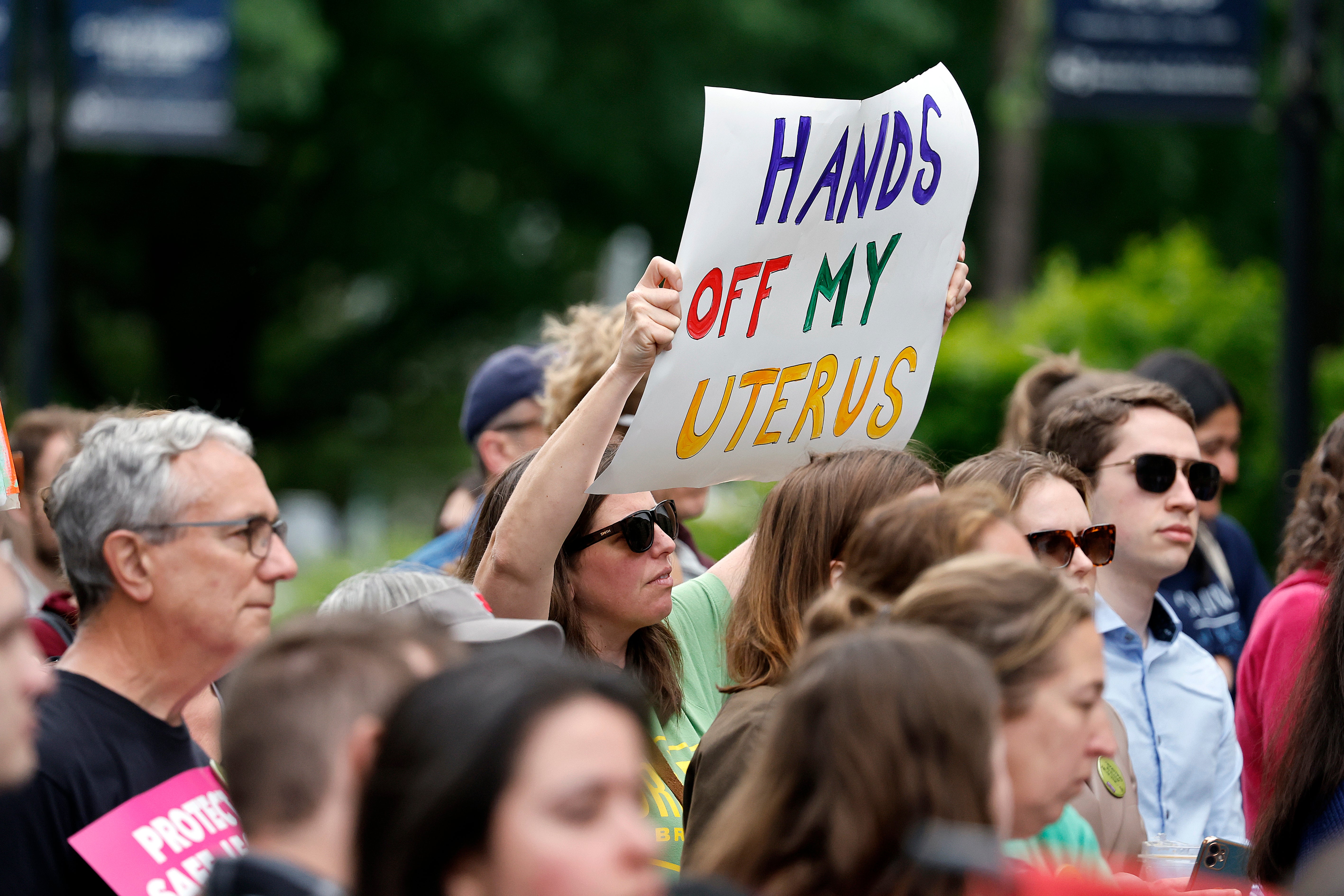Whether or not a state can cut off Medicaid funding to Planned Parenthood is the dispute at the center of a case in the hands of the U.S Supreme Court.
While often characterized as a controversial organization due to its abortion services, Planned Parenthood clinics provide necessary reproductive healthcare services as well as sexual health services and education.
In South Carolina, Medicaid patients often seek out care at one of the two clinics in the state because it can be difficult to find doctors who accept the publicly funded insurance.
But, the state is trying to block any public healthcare dollars from going to Planned Parenthood, with leaders arguing that no public health care funding should be allowed to go toward anything that provides abortions.
Now, the dispute over whether Medicaid patients can sue for their legal right to choose their own provider is in the hands of the court.
Justices will hear arguments in the case on Wednesday.
Federal law already prohibits Medicaid money from going to pay for abortions, with very limited exceptions, and South Carolina now bans almost all abortions around six weeks after conception.
But Republican leaders in the state believe they should be allowed to direct money as they choose. The Trump administration is joining their’s argument.
“The people in this state do not want their tax money to go to that organization,” South Carolina Governor Henry McMaster said.
Just $90,000 of South Carolina’s Medicaid funding goes to Planned Parenthood yearly.
Meanwhile, healthcare advocates say the effects of the case transcend abortion and patients should have the opportunity to sue for their right to choose their provider.
“This case is not about abortion. This case is about general health care,” Katherine Farris, the chief medical officer at Planned Parenthood South Atlantic, said.
Julian Polaris, a lawyer who regularly advises state Medicaid programs and health care providers said states could also move to restrict access to treatments like gender-affirming care if the court sides with South Carolina.

One in five American women of reproductive age is now enrolled in the Medicaid program, according to Heidi Allen, an associate professor at Columbia University. This means that finding providers who can offer quality family planning services — a requirement for Medicaid — is crucial for those patients.
“It’s concerning that states would eliminate a site of care for politically motivated reasons, “Allen said.
The case dates back to 2018, before the Supreme Court overturned the federal right to abortion. McMaster first cut Planned Parenthood funding through an executive order that removed Planned Parenthood from a list of providers for things like birth control and sexually transmitted disease testing.
He argues that other “good organizations” provide “maternal health advice, counseling and care” that need funding more.
His order was blocked in court, but since then, judges have ruled in favor of similar moves in Texas and Missouri, said John Bursch, an attorney for the conservative group Alliance Defending Freedom.
He acknowledged that a win for South Carolina could curtail other Medicaid lawsuits, but suggested that could be good for the program overall because it would mean less money going to legal fees. There is also an administrative appeals process available, he said.
“No one is losing their access to health care clinics,” Busch said. If the state is allowed to cut off Planned Parenthood, Medicaid patients could go to one of 200 other publicly funded health care clinics in the state, he said.
Most counties in the state have already been federally designated as having too few primary care providers, said Amalia Luxardo, CEO of the South Carolina-based Women’s Rights and Empowerment Network.
Many counties have no practicing OB-GYN physicians and five other counties have just one, she said, meaning many women already have to travel longer distances to find the right provider. Planned Parenthood has flexible hours and can get appointments scheduled quickly, factors that bring in patients from around the state, she said.
Additional reporting by AP.
Senator delivers marathon speech in bold protest against Trump, Musk
Ex Bloomberg employee, wife and child found dead at their SC home
Mario Joseph, a renowned human rights attorney in Haiti, dies after a car accident
White House digs in after mistakenly deporting Maryland father to El Salvador
Far-right podcaster says he wants a ‘final solution’ to rid US of Jews
Trans protester arrested after washing her hands in Florida Capitol women’s bathroom







